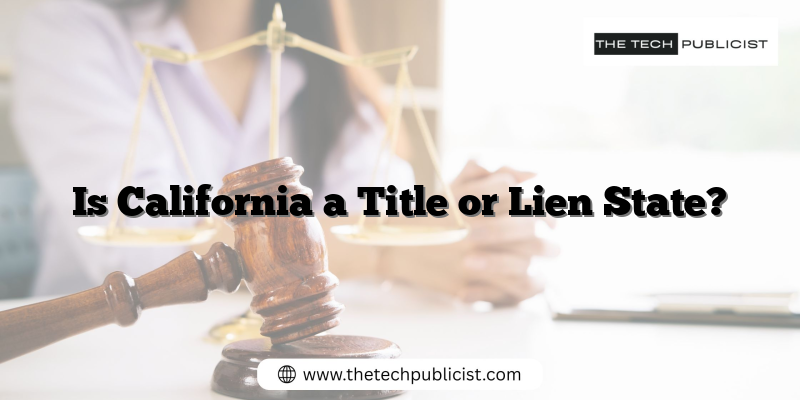Key Takeaways
- California operates as a title state, meaning the owner holds the title after purchase.
- Liens still play a critical role in financing and legal claims.
- Understanding the distinction is important for buyers and sellers alike.
- Always perform a title search and consider title insurance.
- Legal guidance is recommended for complex property issues.
When considering property ownership in California, understanding whether the state operates as a title or lien state is crucial. This article will clarify these concepts and their implications for potential buyers.
Understanding Title States vs. Lien States
In the realm of real estate, states are categorized as either title states or lien states based on how property ownership is documented and managed.
- Title States: Ownership is established through possession of the physical title. Buyers receive full ownership upon purchase.
- Lien States: The lender holds a legal claim (lien) on the property until the mortgage is fully paid.
This distinction is important for mortgage processes, foreclosure risks, and property rights in general.
The Title System in California
California is officially recognized as a title state. When you purchase a property in California, you receive the title at the time of closing — indicating legal ownership.
Title companies play a key role by:
- Conducting title searches to verify ownership history
- Identifying existing liens, judgments, or encumbrances
- Ensuring the property is sold free and clear
The Role of Liens in Real Estate
Though California is a title state, liens still exist as important legal instruments. A lien is a claim against a property for unpaid debts. Common types include:
- Mortgage Liens: Lenders maintain a legal claim until loans are repaid.
- Property Tax Liens: Placed by the government for unpaid property taxes.
- Mechanic’s Liens: Filed by contractors if not compensated for services.
All liens must be resolved before a property can be transferred with a clear title.
Implications for Property Buyers
Even though you receive the title upon purchase in California, it doesn’t automatically ensure a lien-free property. Buyers should:
- Conduct a Title Search: Ensure no outstanding debts or claims exist.
- Purchase Title Insurance: Protects you from future disputes or hidden title issues.
- Consult a Real Estate Attorney: Particularly useful when complex issues arise during the sale.
Frequently Asked Questions (FAQs)
What is the difference between a title state and a lien state?
In a title state, the buyer gets full ownership via title upon purchase. In a lien state, the lender retains a legal claim until the mortgage is fully paid.
How does being a title state affect property buyers in California?
Buyers receive the property title immediately, but must still check for any liens or legal issues before purchase.
Can a lien be placed on a property in California?
Yes. Mortgage, tax, and mechanic’s liens can all be placed on a property if obligations go unpaid.
What should I do if there’s a lien on my property?
Speak with a real estate attorney to evaluate your options and potentially negotiate or pay off the lien before selling or refinancing.
How can I ensure clear title when buying real estate in California?
Work with a title company, conduct a thorough title search, and purchase title insurance for peace of mind.

Manali is the founder and editor of The Tech Publicist, a legal-focused blog dedicated to breaking down complex legal topics into plain, practical advice. With a passion for empowering everyday readers, Manali writes about personal rights, property laws, and real-world legal situations that matter. When not decoding the law one article at a time, Manali enjoys diving into tech trends and advocating for accessible legal education.




